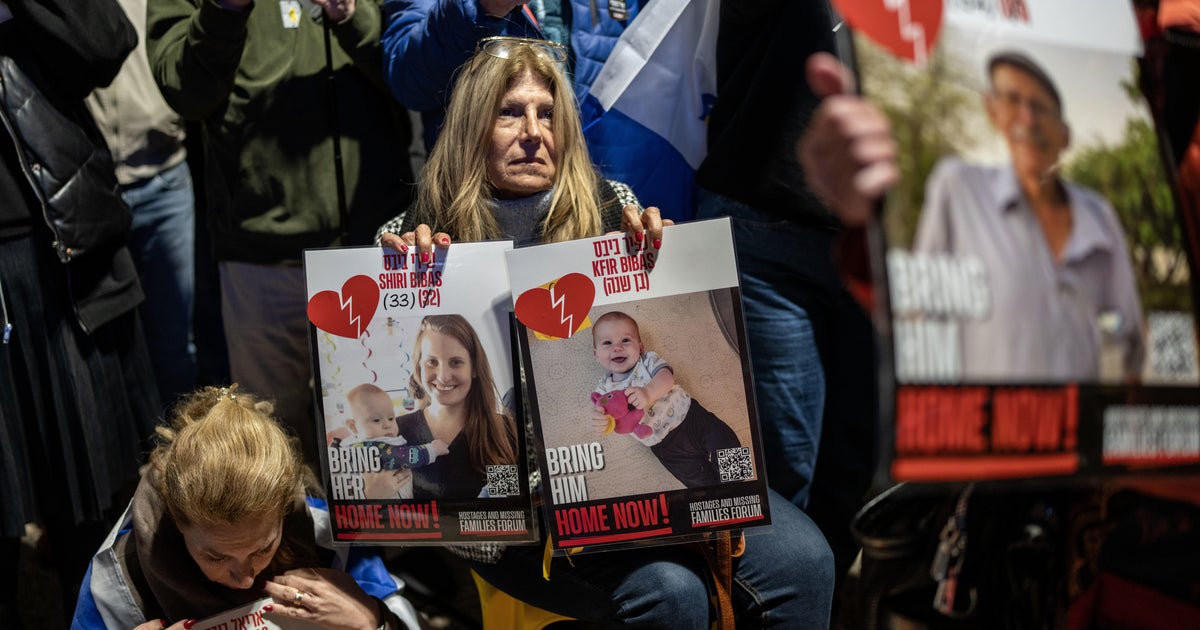Coronavirus surge prompts U.K. leader to tighten restrictions on businesses
London — British Prime Minister Boris Johnson hit U.K. residents with some sobering numbers on Tuesday evening, and then tightened up coronavirus restrictions in a bid to avert grim worst case scenarios.
"A month ago, on average, around 1,000 people across the U.K. were testing positive for coronavirus every day," Johnson said. "The latest figure has almost quadrupled to 3,929."
Worrying officials even more was the fact that, as France and Spain have seen with their "second wave," the rise in new infections has now started to translate into more hospitalizations in the U.K., and even a slight upturn in the number of deaths recorded every day.
If nothing is done to stem the spread of the virus, Johnson warned that the current trajectory could mean hundreds of deaths per day by next month.
So after encouraging people to return to their workplaces in July, CBS News correspondent Holly Williams said that on Tuesday, the prime minister told people in England to revert to working from home if they can. In Scotland and Wales, the work-from-home guidance issued by national leaders in the spring had never even been lifted.
With the disease spreading quickly again, particularly in northern England, Johnson said "this is the moment when we must act."
From this week masks will also be mandatory across England for retail staff and in taxis, with fines going up to about $250 for rule breakers.
Businesses that fail to comply could be fined more than $12,000, or even shut down.
Pubs and restaurants will be forced to close at 10 p.m. across the U.K., and soccer stadiums will be shut to the public.
For now, schools across Britain will remain open.
Johnson warned that the reinstated measures could last for six months, or at least until the rate of the disease's spread is brought back under control.
The key metric used by his government is the so-called "R" number, which measures how many others a single person infected with the virus is expected to pass it on to. If the R number is over 1, then one COVID-19 carrier would be expected, statistically, to infect more than one other person, reflecting a spreading epidemic.
U.K. health officials put the R number at around 1.2-1.4 as of Tuesday, and until it comes back down to 1 or lower, the measures are unlikely to be eased — and they could be increased. Johnson's administration has not ruled out imposing a second nationwide lockdown.
"Now is the time for us all to summon the discipline and resolve and spirit of togetherness that will carry us through," Johnson said.



